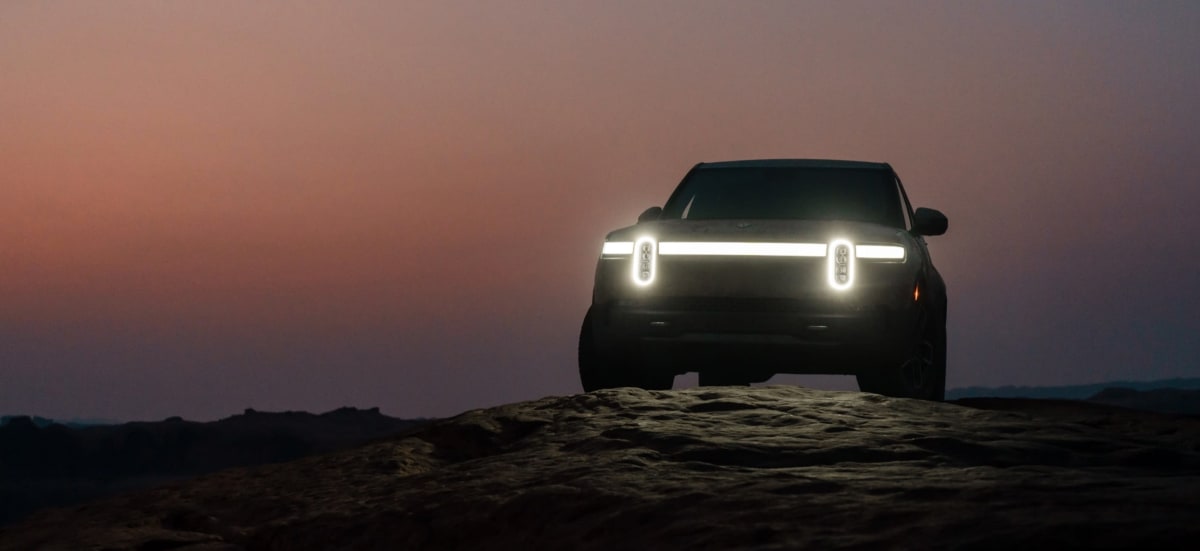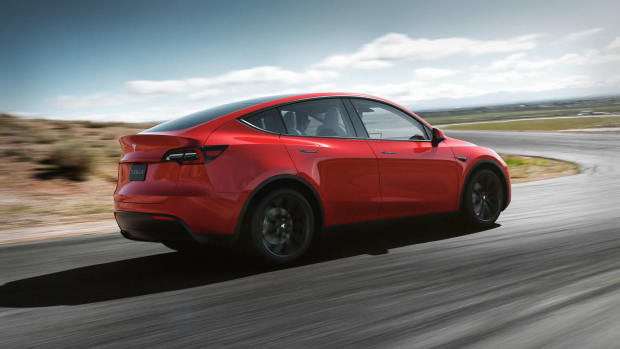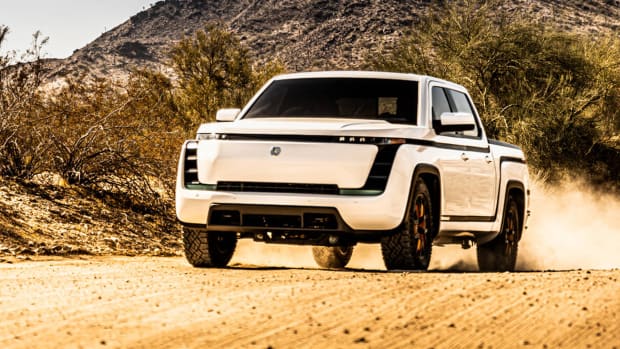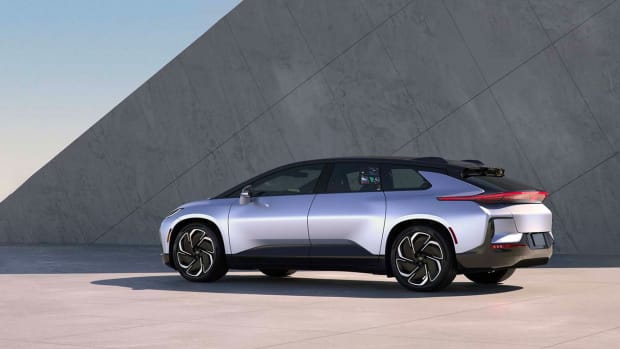
The rude awakening promises to be very difficult for many young rivals of Tesla.
They were heralded as Tesla killers, as electric-vehicle development became the auto industry's focus. Investors bought their promises, seeing in each a potential success story similar to that of Elon Musk's group, which was founded in 2003 and in less than 20 years became the world's largest automaker by market value.
Tesla's market cap exceeded $810 billion at last check. In October 2021, the Austin carmaker's value had surpassed the symbolic threshold of $1 trillion. Tesla is the eight largest company in the world today, according to companiesmarket.com.
The most optimistic investors and analysts allow themselves to make outlandish predictions about Tesla (TSLA). One is the investor Ron Baron, who estimates that Tesla's market value will reach $4.8 trillion by 2030 because the share price will jump to $1,500. That's about six times Tesla stock's closing price of $256.24 on June 28.
Optimism for Tesla; Gloom for Rivals
"Demand picks up so much, it’s unprecedented demand for his cars right now,” Baron told CNBC in February, talking about Tesla and CEO Musk. "We started investing in his company in 2014, and they were doing 31,000 cars a year ... he thinks 20 million cars by 2030. I’m thinking $1,500 a share by 2030.”

Tesla
The head of Baron Capital, who is known to be very bullish on Musk's companies, called Tesla “the safest car [company] ever built in the world.” He expects it to launch a lower-cost model, which will multiply the company's value by 7 to 10 times in the future.
While optimism surrounds Tesla, the situation with its young rivals is gloomier. Lordstown Motors (RIDE), one of these Tesla killers, has just voluntarily filed for bankruptcy, for lack of enough cash to finance its development.
The company, which produces the Endurance electric pickup truck, explained on June 27 that its key shareholder, Foxconn, has not honored the investments promised under an agreement signed last November.
"Foxconn consistently failed to honor its agreements," said Lordstown, which is suing its main investor, alleging that after getting the valuable assets it desired up front, Foxconn "sabotaged" the carmaker's business, "starving it of cash and causing it to fail."
Lordstown, which was founded in 2018 and was hailed in 2019 by then-President Donald Trump as the perfect symbol of his Made in America business agenda, is also putting itself up for sale.

Lordstown
Rising Cost of Raw Materials for Batteries
The EV upstart said that it was "commencing a comprehensive marketing and sale process for its all-electric Endurance pickup truck and related assets." It is "confident that a buyer could utilize the Endurance platform to create multiple EV variants and to take the product to the next level."
Lordstown's difficulties have been made worse by the rising costs of raw materials needed to develop batteries, the lifeblood of electric vehicles, following Russia's war in Ukraine.
This contributed to increasing the pressure on the industry's suppliers, which in turn passed it on to the original equipment manufacturers
The problem is that these issues arise at the worst time for most EV upstarts. Some of them are increasing output or already producing substantial volumes, while others are fighting to move from prototypes to producing their first vehicles. These stages are known to burn a lot of cash.
To this must be added the price war launched by Tesla. This year the company has repeatedly lowered prices to make the Model 3 sedan and Model Y midsize SUV eligible for the federal tax credit of $7,500 and to be more competitive with its Chinese rivals. Ford (F) responded by also lowering its prices.
All this has worsened the situation for some EV upstarts, whose vehicles find themselves at a disadvantage against legacy carmakers and Tesla.
Falling Share Prices at Newer EV Companies
The costs at EV upstarts have risen sharply, while their liquidity is melting away at high speed, raising fears of bankruptcy. Investors' concerns are reflected in the selloffs of shares of these young vehicle manufacturers.
Rivian’s stock price is down 21% this year. The maker of the R1T pickup truck has seen its stock plunge 81% from its IPO price of $78 in November 2021. The company has lost support from Ford, one of its largest shareholders, which sold its stake. Soros Fund Management, the hedge fund of billionaire George Soros, has also significantly reduced its stake.
But Rivian (RIVN) still has the backing of Amazon, (AMZN) which remains one of its biggest shareholders and customers.

Electric truck maker Nikola (NKLA) has seen its stock plunge 46% this year, while the stock price of Faraday Future (FFIE), once touted as the next Tesla, is down 24%.
Faraday, which several times has postponed the start of production of its luxury SUV, the FF 91, on June 26 raised $90 million from investors and finally can start manufacturing the vehicle. History suggests caution, as the company had provided schedules about the first deliveries of this vehicle and didn't meet them.
Fisker (FSR) stock price is down 28% since January, while Canoo's (GOEV) stock price has fallen 65%. Lucid Group (LCID), whose main shareholder is PIF -- the sovereign wealth fund of Saudi Arabia -- has had limited damage. The maker of the Lucid Air luxury sedan has seen its stock decline just 6% this year.
To highlight the difficulties of EV upstarts, just look at Tesla's stock market performance. Shares of Elon Musk's group have doubled (up 108%) this year.
"Prototypes are easy, production is hard and achieving positive cash flow is excruciating," Musk said last month, commenting on a post on Twitter highlighting Lucid's losses per vehicle delivered.
None of these EV upstarts make money. Tesla posted its first quarterly profit in 2013, 10 years after it was founded.
July 4th Sale! Receive full access to real-time market analysis along with stock, commodities, and options trading recommendations. Sign up for Real Money Pro now for 65% off.







